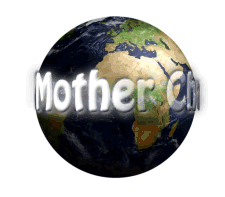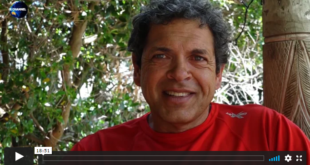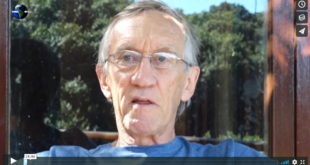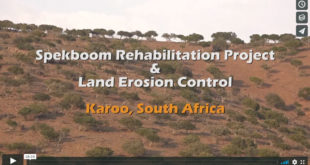We have some smushed questions.
Question: “If you could give us one practical tip that would help us to make a difference, what would it be?
Angus McIntosh: I alluded to it earlier. You vote with your fork. The fork is the most powerful thing that we have, so you choose a farmer who is regenerating the soil. There are unfortunately only two types of farmers. There are destructive farmers and regenerative farmers. The easiest way to measure is carbon, you’re either building the Carbon in the soil which means you have the nutrient holding capacity and therefore healthier plants in the soil, or you are destroying it. On a micro-scale, everyone at home should have a worm farm. It’s a wonderful thing to produce your own vermicompost and it’s very easy to do. You can give it to friends who grow veggies or you can grow your own, but it sensitizes you and your family to this amazing process of regeneration and recycling and the concept that waste is a human construct, there’s no such thing as waste in nature.
John: Did you know that Darwin was studying worms and that he had his whole family involved and they gave them names and they were in the house!
Question: In South Africa, the issue of land use and management is closely tied to continual ramifications of the divided and unequal history. Within this context, what are some of the key factors that should be considered to create an effective ecosystem restoration and at the same time foster environmental justice.
Siyabullela Sokomani: Land in this country belongs to the vast majority of people. For the people who will eventually get into the making of these policies will be greatly influenced by what we discuss in forums like this and all the discussion panels that people go to.
 Mother Channel Environmental, climate change news and media.
Mother Channel Environmental, climate change news and media.



